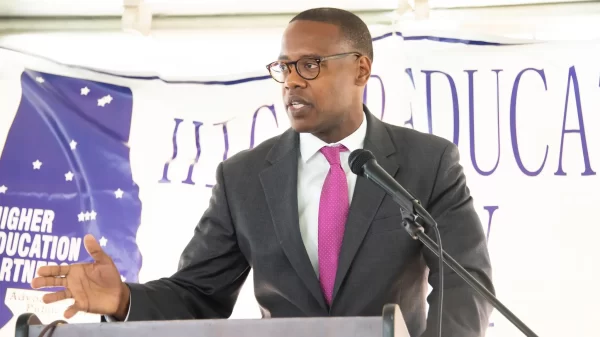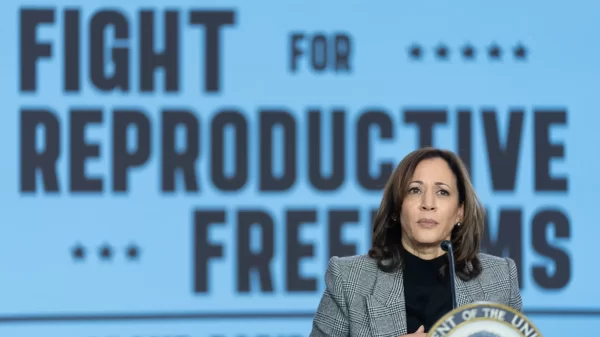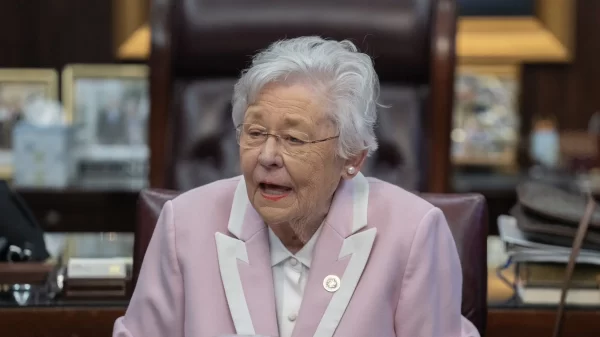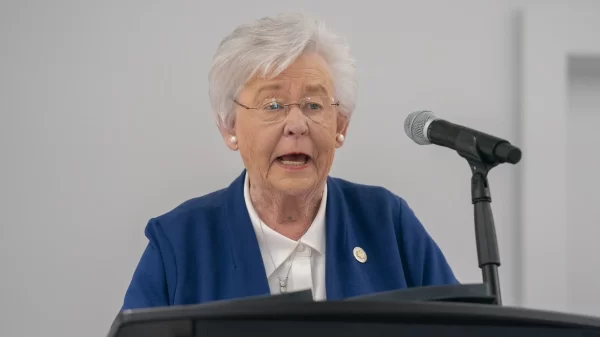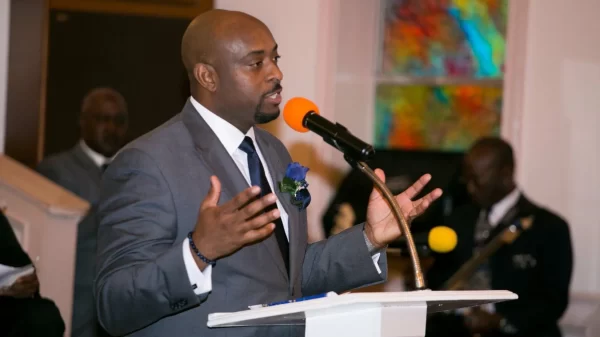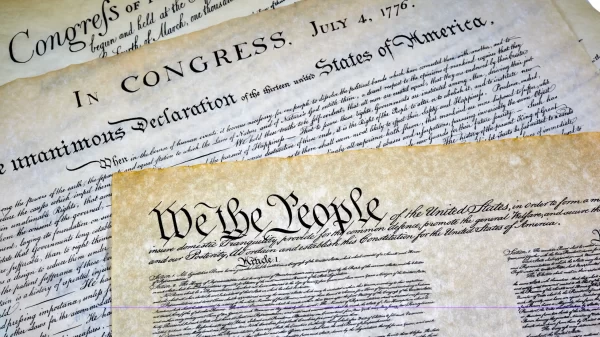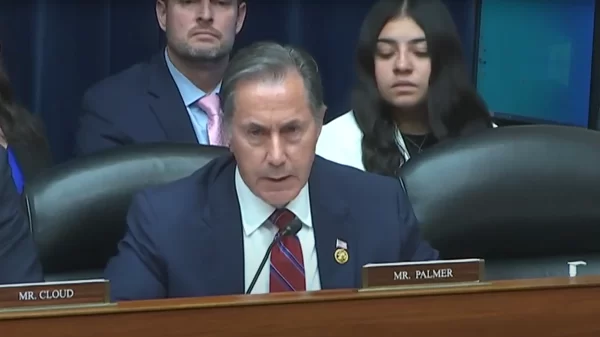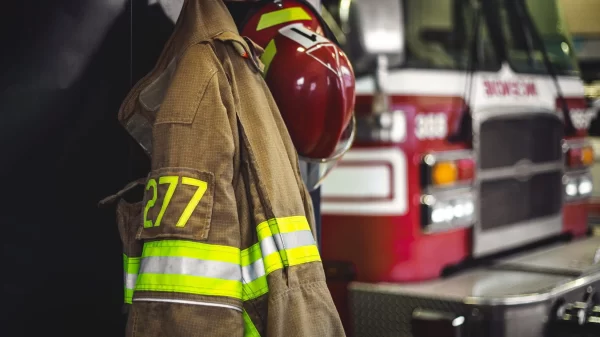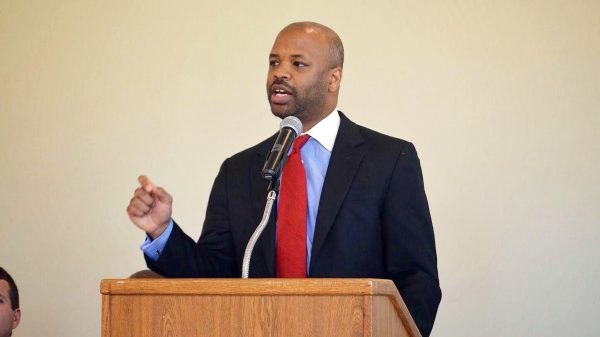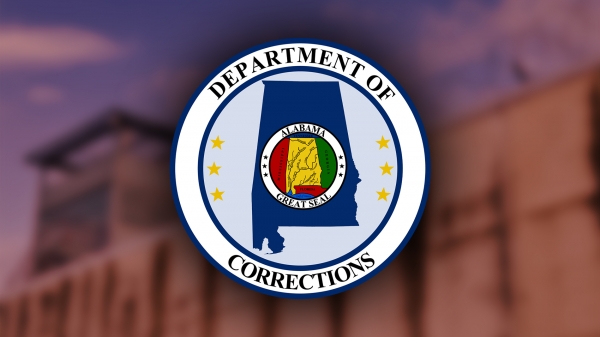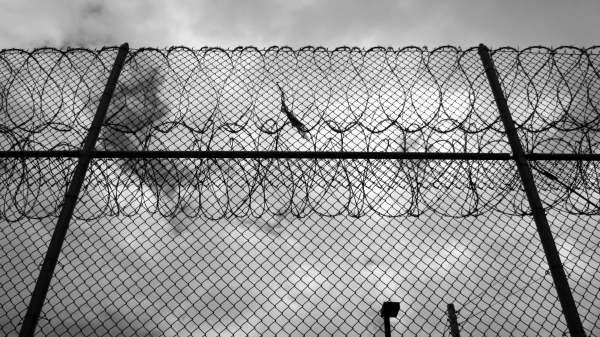Tuesday in Montgomery, over a hundred advocates for criminal justice reform will urge Alabama lawmakers to adopt reforms to help alleviate Alabama’s prison crisis. Alabamians from across the state will push for major changes that would help make prison sentences proportionate to the crimes committed, prevent people convicted of minor offenses from going to prison, and provide needed supports for people re-entering communities. Today, Alabama’s prison are roughly 170 percent over capacity with staffing levels at 30 percent.
In April 2019, the U.S. Department of Justice (DOJ) warned Alabama that the conditions in the male prisons likely violate the U.S. Constitution’s Eighth Amendment against cruel and unusual punishment. The DOJ letter found Alabama’s prisons do not protect people from violence, sexual abuse, and fail to provide safe living conditions. Alabama’s prison system was also found to have “persistent and severe shortages of mental-health staff and correctional staff, combined with chronic and significant overcrowding,” in in 2017 state-wide ruling in Braggs v. Dunn.
“It is important for Alabama to see the people behind the prison walls,” said LaTonya Tate, executive director and founder, Alabama Justice Initiative. “These are real fathers, mothers, sons, daughters, wives and husbands behind every excessive prison sentence. Lawmakers need to understand that incarcerated Alabamians, their families, and their supporters are constituents too. Their voices matter.”
The lobby day is organized by the Alabamians for Fair Justice (AFJ) coalition.
AFJ’s legislative priorities includes:
- Repealing Alabama’s “three strikes” law, also called the Habitual Felony Offender Act, or HFOA. About 6,000 people in Alabama are serving escalated sentences based on prior offenses, often committed as teenagers. The law permits a Life Without Parole sentence for a single Class A felony if someone has a prior minor drug or property conviction. About 500 Alabamians are sentenced to die in prison for non-homicide crimes under this law.
- Reducing sentences for marijuana possession. Each year, nearly 1,000 people face felony convictions for marijuana possession, a “crime” that is legal for nearly half of the population in the United States. Alabama spends roughly $22 million tax dollars per year to enforce possession laws.
- Making the 2013 sentencing guidelines retroactive. The 2013 presumptive sentencing guidelines were a major contributor to Alabama’s prison population declining. Now, hundreds of people sentenced before 2013 still serve longer sentences than they would face if sentenced now – and for nonviolent crimes. AFJ asks for the Legislature to apply the same guidelines to people convicted prior to the new guidelines.
- Overhaul the state’s community corrections, diversion, and alternative court programs to make them more accessible, especially to people without money, and more accountable to the taxpayers of Alabama. Currently, these programs have no uniform standards, lack necessary oversight, and are funded by the participants.
- Reform the state’s parole system. Roughly nine out of every 10 people up for parole were denied since Governor Kay Ivey appointed Charles Graddick as the director of Alabama’s Bureau of Pardons and Paroles. If this rate continues, ACLU of Alabama estimates the state prison population will increase by 3,700 people due to the dramatic drop in paroles being granted.
Alabama spends about $500 million in tax dollars each year for over 20,000 people in custody, yet the state’s prisons remain dangerous, overcrowded, and understaffed.
Governor Ivey’s main solution to Alabama’s unsafe prisons is to spend $2.6 billion taxpayer dollars “lease” three new mega-prisons that would be built by a private, for-profit corporation.
“When you have the worst prisons in the country, the solution is not to build more. The solution is to enact smart, commonsense reforms to provide treatment, services, and alternatives in communities and keep people out of prison,” said Tate.

